Univerzální vzdělávací program zaměřený na zvyšování duševní gramotnosti
Všech pět pohromadě
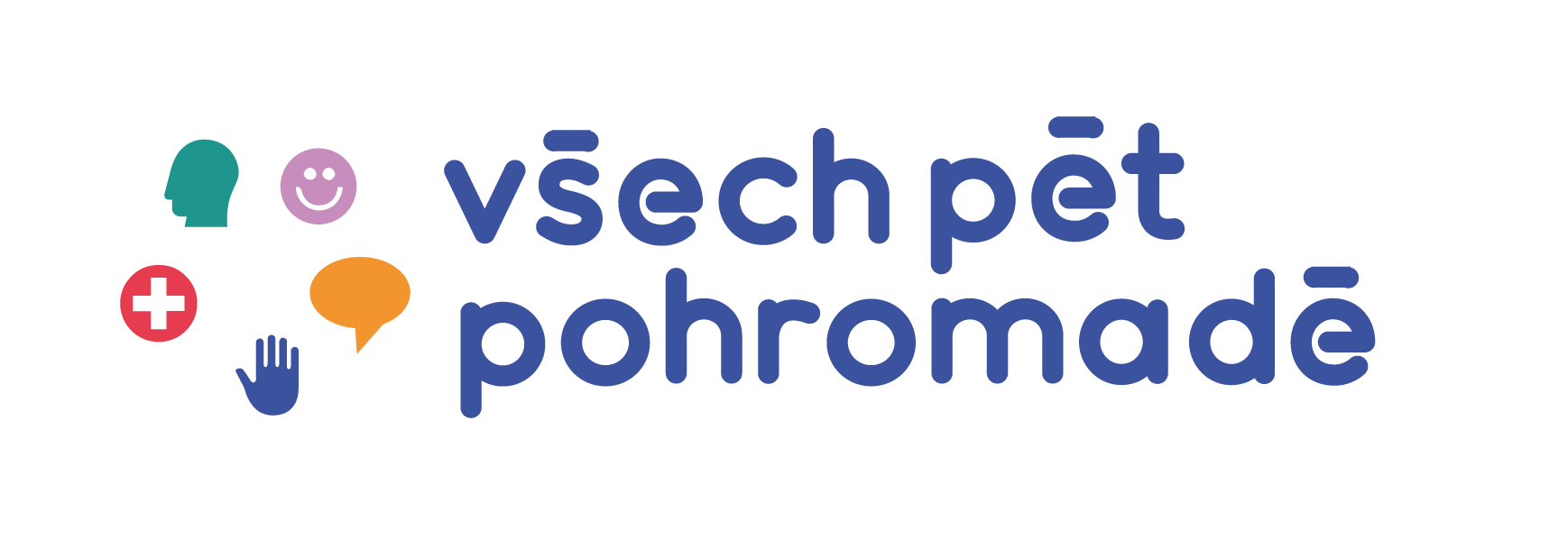
Všech pět pohromadě je univerzální vzdělávací program, zaměřený na zvyšování duševní gramotnosti, který může být integrován do různých školních a kulturních kontextů. V českých školách odpovídá obsah Všech pět pohromadě RVP předmětu Výchova ke zdraví a je koncipován tak, aby mohl být realizován v průběhu jednoho pololetí.
Program byl vyvinut se záměrem podpořit mladé lidi při:
- rozvíjení jejich plného potenciálu,
- budování odolnosti,
- zaměřování se na silné stránky,
- zvládání každodenních výzev a stresu.
Základním prvkem výukových lekcí i školení pro pedagogy je pozitivní duševní gramotnost, která se zaměřuje na rozvíjení a udržení optimální duševní pohody. Obsah je vytvořen s ohledem na vývojové potřeby žáků ve věku 11-13 let a je předáván skrze zážitkové a vzdělávací aktivity a diskuze, kterými je pedagog provádí jako jejich průvodce.
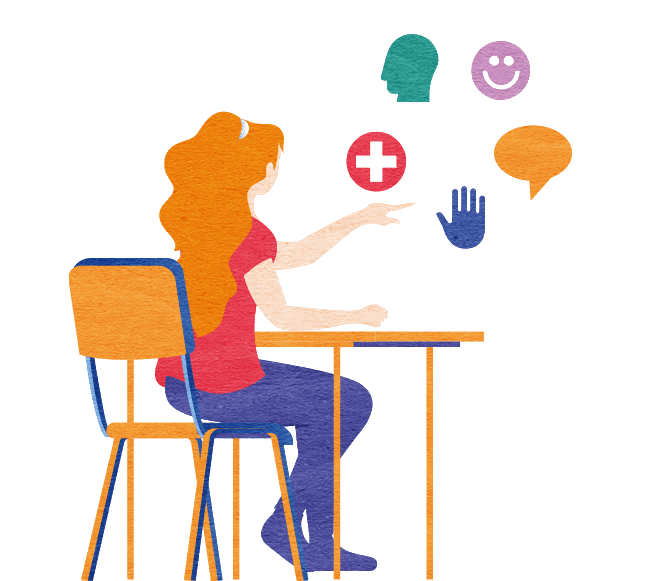
Přínosy duševní gramotnosti

MÉNĚ EMOČNÍHO STRESU
- zlepšení postojů k sobě
- méně deprese, úzkosti a stresu
- snížení sociální izolace
- zlepšení emoční regulace
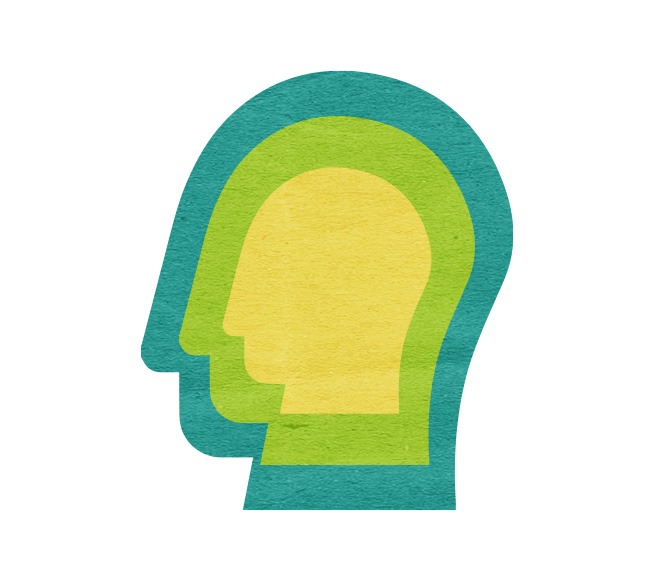
MÉNĚ PROBLÉMŮ V CHOVÁNÍ
- snížení rizikového a agresivního chování
- snížení užívání návykových látek
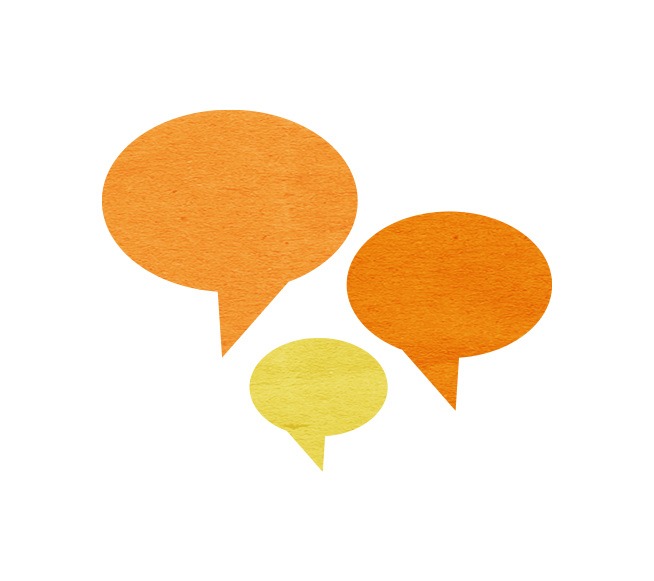
POZITIVNÍ SOCIÁLNÍ CHOVÁNÍ
- zlepšení v postojích k ostatním
- více prosociálního chování
- lepší emoční inteligence
- zlepšení v dovednosti řešit problémy

AKADEMICKÝ ÚSPĚCH
- zlepšení v přístupu ke škole
- lepší klima ve třídě
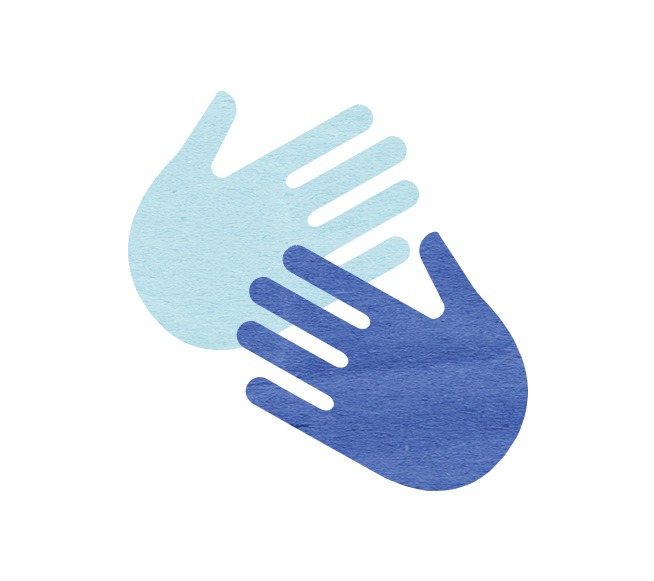
VČASNÉ VYHLEDÁNÍ POMOCI
- větší ochota vyhledat pomoc
- včasné odhalení problémů
- méně stigmatizujících postojů

Vzdělávací program Všech pět pohromadě vyvinula Pracovní skupina pro výzkum duševního zdraví dětí a adolescentů Národního ústavu duševního zdraví společně se skupinou českých a zahraničních odborníků z vládního a vzdělávacího sektoru a z oblasti duševního zdraví.
Při vývoji programu a školení pro učitele se vycházelo z intervencí a informací založených na důkazech, zaměřených na podporu duševního zdraví a well-beingu ve školách.
Program již realizuje více než 60 škol Plzeňského a Karlovarského kraje.
Kurikulum
Všech pět pohromadě se skládá z 18 lekcí rozdělených do 5 témat (1 lekce/45 minut):

Duševní zdraví
1: Zdraví
2: Duševní zdraví
3: Mozek a hormony
4: Stres v našich tělech
Žáci se seznámí s programem a dozvědí se o duševním zdraví a vlivu stresu a hormonů na něj.

Emoční gramotnost
5: Emoce
6: Emoční regulace
7: Myšlenky
8: Chování
Žáci se učí vnímat a pojmenovávat své emoce a myšlenky a uvědomovat si jejich vliv na chování. Žáci jsou vedeni k tomu, aby byli schopni regulovat své emoce i chování.

Vztahy
9: Znát sám sebe
10: Vztahy s druhými
11: Budování empatie
Žáci si uvědomují důležitost vztahu se sebou samým i s ostatními a učí se zdravým vztahovým dovednostem, včetně rozvíjení a procvičování empatie, respektu a laskavosti.

Komunikace
12: Základy komunikace
13: Komunikování emocí
14: Zdravá komunikace
Žáci si prohlubují své komunikační dovednosti, učí se lépe zvládat konfliktní a náročné situace a uvědomují si své komunikační strategie.

První pomoc v oblasti duševního zdraví
15: Je OK nebýt OK
16: Péče o duševní zdraví
17: Hledání pomoci
18: Můj plán duševního zdraví
Žáci se učí o projevech a příznacích psychických problémů, o sebepéči a vyhledávání pomoci. Vytváří si svůj vlastní plán duševního zdraví, ve kterém integrují nové poznatky.
Program by měl proběhnout pod vedením jednoho vyškoleného pedagoga v jednom pololetí se stálou třídou, a to v rozsahu jedné lekce týdně. Znalosti a dovednosti, které se žáci učí, na sebe navazují.
Každá lekce učí žáky 3 klíčová sdělení pomocí různých výukových metod včetně výkladu, zážitkových cvičení, individuálních, párových, skupinových či třídních aktivit, reflexí, pozorování a diskuze. Na konci každé lekce si žáci zapisují tato sdělení do svého pracovního sešitu, tzv. Deníku. V něm také najdou experimenty, které si mohou vyzkoušet doma a které rozvíjí to, co se naučili v lekcích.
Co na Všech pět pohromadě říkají učitelé a žáci, kteří již programem prošli?

Školení zahrnuje:
- tři dny odborného vedení zkušenými lektory
- metodiku Všech pět pohromadě s podrobně rozepsanými vyučovacími lekcemi, kterou pak můžete implementovat u vás ve škole s žáky 6. a 7. ročníku
- 30 ks pracovních sešitů pro žáky (další lze doobjednat)
- praktické nácviky jednotlivých aktivit a nových metod práce se třídou
- tipy na podporu duševního zdraví pro učitele
- certifikát o absolvování
- drobné občerstvení a nápoje
- následnou podporu lektorů po celý školní rok v případě problémů
Školení učitelů
Všem pedagogům programu Všech pět pohromadě je poskytnuto komplexní 24 hodinové školení (3 dny), příslušná metodika s potřebným teoretickým i praktickým kontextem a pracovní sešity pro žáky. Součástí metodiky je 18 lekcí s detailními informacemi, jak lekce vést a co v nich dělat.
Počet účastníků: 10 – 14
Akreditace: dle novely zákona již není možné žádat o akreditaci MŠMT v rámci DVPP, nicméně kurz akreditován byl a nyní má podporu MŠMT.
Cílem školení je:
- Připravit učitele na úspěšnou realizaci programu Všech pět pohromadě a osvojit si základní znalosti, dovednosti a postoje související s duševní gramotností a sociálně emočním učením.
- Zaměřit se na témata jako je duševní zdraví a psychické problémy, role pedagoga v programu, principy duševní gramotnosti, péče o sebe sama, pedagogické dovednosti důležité pro realizaci programu a teoretická a vývojová východiska.
- Předávat znalosti a dovednosti pro zvládání emocí a stresu, podporu zdravé komunikace, zvládání konfliktních a náročných situací, budování zdravých vztahů či včasnou identifikaci a řešení případných psychických potíží.
- Vybavit učitele znalostmi a dovednostmi potřebnými ke zlepšení vlastní duševní pohody, a předcházet tak syndromu vyhoření.
Ideální uchazeč je učitel:
- Výchovy ke zdraví nebo podobného předmětu na ZŠ či víceletém gymnáziu
- se zájmem o téma duševního zdraví, který se nebojí nových výzev
- pracující s žáky 11-13 let minimálně jednou týdně
Termíny školení a přihlášení
Vyberte si z nabídky níže a přihlaste se na školení, které vám bude nejvíce vyhovovat. Školení proběhne, pokud se naplní kapacita minimálně 10 účastníků. Maximální počet účastníků je 14. Cena se odvíjí dle počtu účastníků, dle reálných nákladů.
Cena 11940,- Kč / osoba (při počtu 10 účastníků)
Cena 10436,- Kč / osoba (při počtu 12 účastníků)
Cena 9361,- Kč / osoba (při počtu 14 účastníků)
Ozvěte se nám
Přihlašte se na školení pomocí formulářů výše nebo nám napište na dzda@nudz.cz.
Ozvat se můžete také naší koordinátorce:
Mgr. Magdalena Lukasová
magdalena.lukasova@nudz.cz
tel: +420 774 410 192
Tento program vznikl za podpory Nadace RSJ Česká republika a za podpory Fondů EHP 2014-2021.
